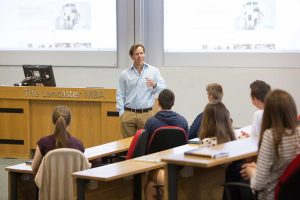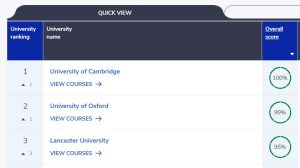Come and study corpus linguistics with us at Lancaster! We are very excited to offer a Postgraduate Certificate in Corpus Linguistics (distance) at Lancaster University. It is a one-year online programme, whose main aim is to equip students with core skills that will allow them to analyse large amounts of linguistic data (corpora) using cutting-edge computational technology. Students will also learn about the structure of the English language. You can find out more about the course on this webpage.
Lancaster University, with a specialised corpus research centre – The ESRC Centre for Corpus Approaches to Social Science, CASS – is one of the world leaders in corpus linguistics. We build corpora such as the British National Corpus 2014 and the Trinity Lancaster Corpus, and develop innovative corpus tools such as #LancsBox, Lancaster Stats Tools online and CQPweb. In 2015, Lancaster University was awarded the Queen’s Anniversary Prize for innovative corpus linguistic research. During your studies, you will learn from experts in the field and will be given access to a wealth of corpus resources. You will be able to acquire core skills in corpus linguistics and data analysis, which will help you grow professionally.
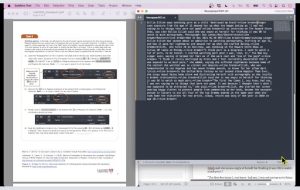
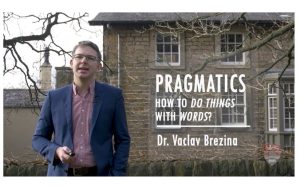
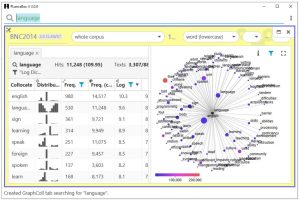
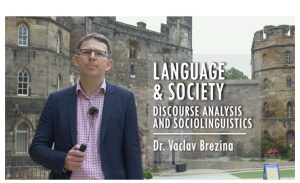
Course structure
You will study the following topics:
- Fundamentals of corpus linguistics The module offers a practical introduction to key corpus linguistic techniques such as concordance analysis, the analysis of wordlists and ngram lists, keyword analysis and collocation analysis. It also provides an overview of practical applications of corpus methods in a wide range of areas of linguistic and social research.
- Corpus design and data collection The module develops key skills in corpus design and data collection. Building on a long tradition of corpus development at Lancaster University and providing specific examples from recent projects such as the British National Corpus 2014, the Guangwai Lancaster Corpus of L2 Chinese or the Trinity Lancaster Corpus, the module offers both theoretical knowledge and practical skills for the students to be able to build their own corpus.
- Statistics and data visualization The module offers a practical introduction to the statistical procedures used for the analysis linguistic data and language corpora. The module provides an overview of the main statistical procedures (e.g. Correlation, cluster analysis and factor analysis, T-test, ANOVA, chi-squared test and regression models) used in the field of corpus linguistics together with examples of application of these methods.

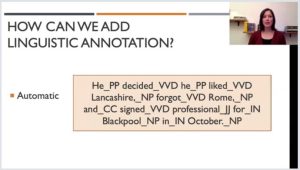


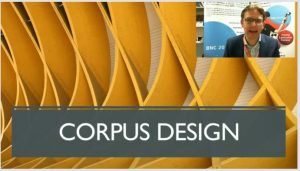
After completing the course, you will have the option to continue onto the MA in Corpus linguistics by taking specialisation courses and writing a dissertation.
Taster webinar and free lectures
You are invited to get a taste for the subject and some of the Department’s specialisms by viewing our taster webinar and free lectures. If you have any questions about the programme, please get in touch with us at postgraduatelinguistics@lancaster.ac.uk or you can email the Programme Director Dr Dana Gablasova (d.gablasova@lancaster.ac.uk) with your questions or to book a slot for an online chat.
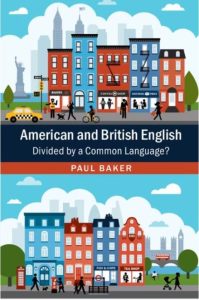
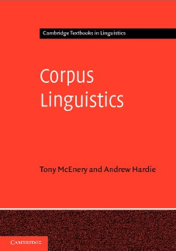
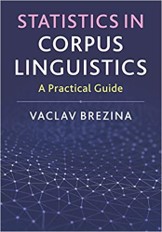
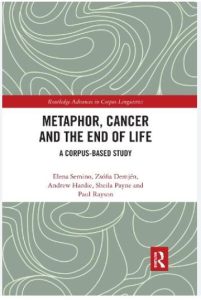
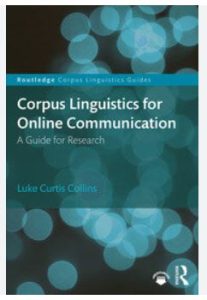
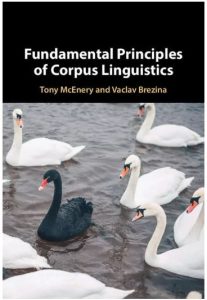
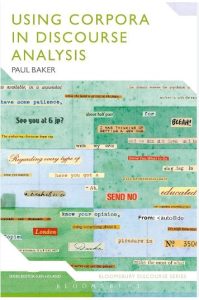
The Department of Linguistics and English Language (LAEL) in Lancaster is the largest linguistics department in the UK, with a range of expertise, active research environment and a strong community of around 140 PhD students. The department is also among the top linguistics departments in the world as well as in the UK. In the 2024 QS World University rankings by subject Linguistics at Lancaster was ranked 3rd in the world. We have now been in the top 20 in the world for seven years in a row. Linguistics at Lancaster is also consistently ranked in the top 10 in the UK. We are ranked 2nd in the UK by 2024 Times Good University Guide and 3rd in the 2024 Complete University Guide. The Linguistics department is also home to the ESRC-funded Centre for Corpus Approaches to Social Science, one of world-leading centres in corpora development and corpus linguistics, a recipient of the Queen’s Anniversary Prize for Higher and Further Education in 2015.
To read more about the department, please visit: http://www.lancaster.ac.uk/linguistics/


